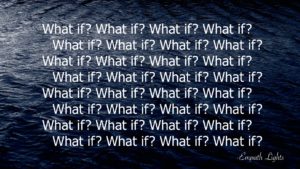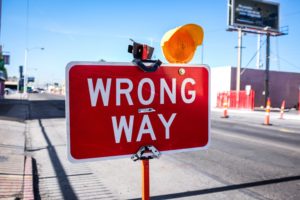 “Once you realize that the road is the goal and that you are always on the road, not to reach the goal, but to enjoy its beauty and its wisdom, life ceases to be a task and becomes natural and simple, in itself an ecstasy.” ~ Sri Nisargadatta Maharaj
“Once you realize that the road is the goal and that you are always on the road, not to reach the goal, but to enjoy its beauty and its wisdom, life ceases to be a task and becomes natural and simple, in itself an ecstasy.” ~ Sri Nisargadatta Maharaj
The road is the goal. You are always on the road. You are on the road not to reach the goal. You are on the road to enjoy its beauty and its wisdom. Seeing the road this way. Living the road this way. Life ceases to be a task/a chore. Life becomes natural, simple, and enjoyable.
Reframing our lives this way presents as easy and difficult. Could our goal be that straightforward? Could we see deeply with such clarity of thought and feeling? Would we judge less and experience more?
We would be a lot less harder on ourselves. We would measure less and compare less. We would notice more and appreciate more. We would focus more on our own journeys and journeying companions and less on where others may or may not be going. We would have less anxiety and more trust. As long as we are moving forward and appreciating the way/the path, we would be doing okay.
Simple and hard at the same time. It’s like a release. A big release of trying to control the outcomes and the steps – not only for ourselves, but often for those around us. And how has that been working for us? Not so great. This past pandemic year has left us often feeling guarded and depleted.
Is it possible to go backwards? No, but it IS always possible to move forward. No matter your age, no matter your stage in life, no matter where you got lost. Reframing the road as the goal and seeing the journey as both the means and the ends will change us. The road is telling us to trust the process.


